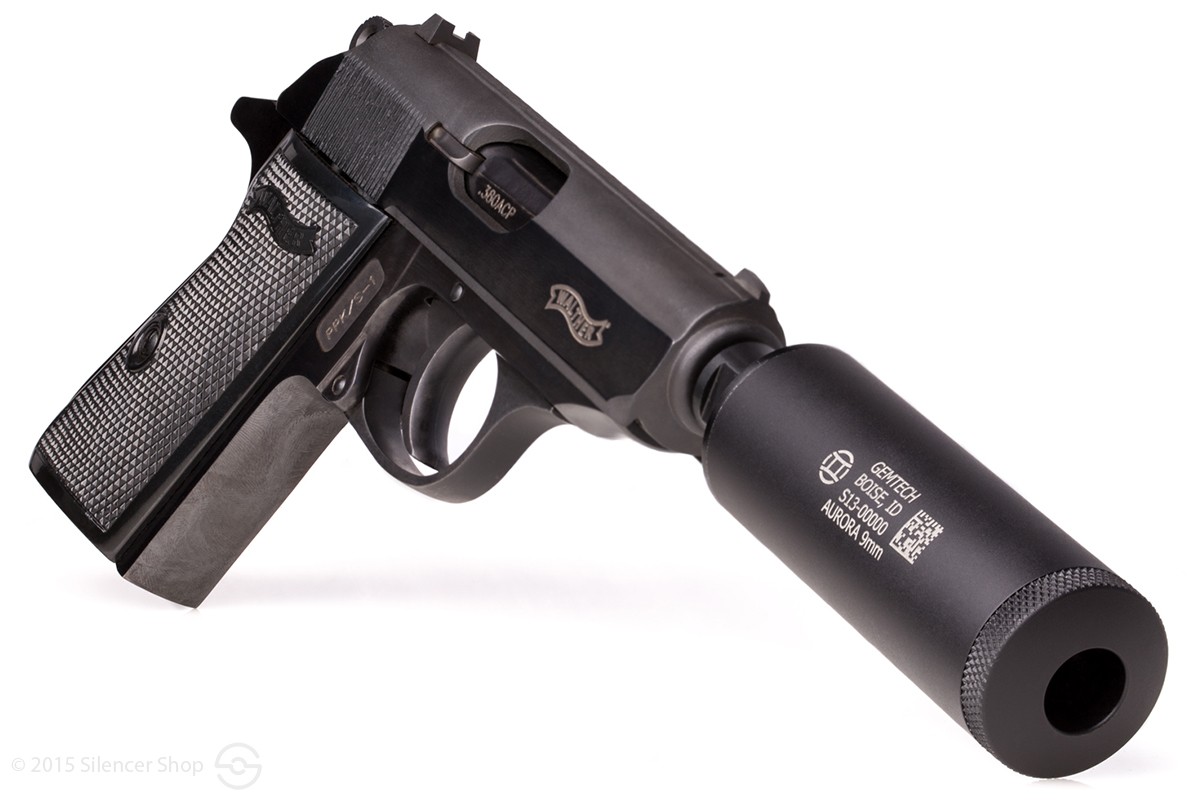For some time now, there have been legal restrictions on the purchase of epinephrine products, which, under such brand names as Sudafed, were long used freely by sufferers from sinus conditions and colds to eliminate nasal congestion. But, as chronic sniffle victims know well, to buy such a product now requires purchasers to sign a register form at the desk of their pharmacy, thereby to ensure that they are not buying in quantity. The reason is that law enforcement agencies tracking the scourge of illegal methamphetamine long ago discerned that large quantities of store-bought epinephrine were used to mass-produce that drug on the black market.

So are we now going to have to apply similar safeguards on the purchase of oil filters at auto parts stores? We ask after apprising ourselves of testimony from state Representative Tilman Goins (R-Morristown) in the course of arguing his bill (HB 11) to eliminate state restrictions on the purchase of silencers for firearms. Responding to a challenge from Representative Bill Beck (D-Nashville) in the House Civil Justice subcommittee last week, Goins said that, after all, a shooter could get the same effect by choosing to “screw an oil filter on the end of your gun.” That, said Goins, “works as well, if not better, than available silencers in the market today.”
The far-fetched sound of that was nothing, however, compared to Goins’ disingenuous argument that passage of his bill would leave in place significant federal restrictions on the sale of silencers, including a $200 tax and provisions for a background check that could last for as long as a year. All HB 11 would do, he said, was to “[put] Tennessee in a position where we are deferring to the federal government.” But Goins would concede, under questioning, that legislation similar to his own is afoot in the U.S. Congress. It would eliminate such special restrictions, leaving the purchase of a silencer (a.k.a. “suppressor”) in “the same category as a rifle or a shotgun.”
Beck literally threw up his hands as he evoked the image of James Bond and of “endless” state legislation on “guns and exploding ammunition.” He asked: “What do we need silencers for?” And Goins answered that, among other advantages, the din of firing-range floors could be reduced, and deer hunters would be better enabled to hear their prey.
Representative Martin Daniel (R-Knoxville) asked the obvious: Wasn’t one of the reasons for the general ban on silencers the simple self-protective one that the sound of discharged weaponry served as an “alert” for law enforcement and ordinary citizens alike? Ah, but there remained a modicum of sound, even with the use of suppressors, said Goins, who went on to argue that “animals are bothered” by the sound of unmitigated firearm use.
We are not making up any of this — nor the fact that the Goins bill went on to be handily approved by the subcommittee. It was scheduled for action by the full Civil Justice Committee this week. An identical Senate version has already passed that body by a vote of 28 to 1.
The formal title of the legislation? “The Tennessee Hearing Protection Act.” Beck was wrong. This is not James Bond. It’s Alice in Wonderland.